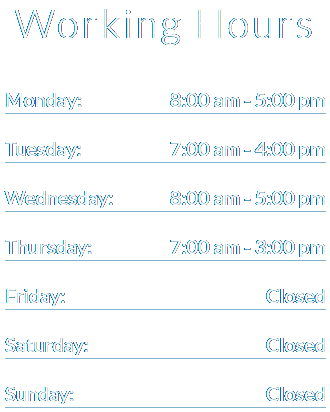 It probably won’t come as a surprising fact that the average adult feels tired and exhausted at least three out of seven days each week during the daytime. Some people blame their drowsiness for not getting enough sleep, while others cite poor sleep quality as a reason.
It probably won’t come as a surprising fact that the average adult feels tired and exhausted at least three out of seven days each week during the daytime. Some people blame their drowsiness for not getting enough sleep, while others cite poor sleep quality as a reason.
Everyone needs to sleep, no matter who you are. If you don’t get enough sleep, you won’t be able to perform your best during the next day.
At Complete Health Dentistry of Portland, it is essential to raise awareness about the importance of getting good sleep. During this week, we’d like to highlight the importance of sleep in our daily lives and encourage everyone to establish healthy practices, routines, and habits that will improve your sleep quality.
National Sleep Awareness Week is being celebrated in the US every year. This year, National Sleep Awareness Week is celebrated from March 14–20, and the theme for this year is “Celebrate Sleep Health.” The celebration calls on all sleep professionals to promote and teach everyone about the importance of good sleep for attaining an optimal quality of life and improving global health.
National Sleep Awareness Week encourages the public to prioritize sleep to improve their overall health. It is recommended that adults sleep between 7 to 9 hours per day, while children and teens require even more. Getting the optimal amount of sleep every day will help to increase our energy and efficiency level and put you at your best for the next day to come. Studies have shown that regular sleepers have a better mood, psychomotor performance, and academic achievement. Not getting a good sleep at night can make you feel tired and sluggish the next day, which could result in poor daily activity performance, and can decrease your general health.
Sleeping is one of the best things one can do to have good overall health and have a healthy lifestyle. Sleep is also associated with many physiologic systems such as memory consolidation, cardiovascular regulation, hormone regulation, control of inflammation, and many other important functions. Not getting enough or good sleep will lead ṭo several significant adverse health outcomes and can cause impairments in cognitive and executive function and poor mental health.
The World Sleep Society recommends the following 10 steps to achieve healthy sleep.
- Have a routine. Fix a bedtime and a wake-up time, and adhere to it.
- Do not sleep for more than 45 minutes during the daytime.
- It is advised not to smoke tobacco or consume excessive alcohol 4 hours before bedtime.
- It is recommended to avoid caffeine – coffee, tea, various sodas, and chocolates 6 hours before bedtime.
- Avoid heavy, spicy, or sugary foods before sleep. Choose a light snack before bed.
- Exercise regularly, but not right before you sleep.
- Keep your bedroom neat, clean, and well-ventilated. Find a comfortable temperature setting for the room and use comfortable bedding.
- Block out all distracting noise and eliminate light.
- Have a comfortable mattress, supportive pillow, and breathable sheets.
- Don’t use your bedroom as an office, workroom, or recreation room.
Getting enough sleep is key to having a productive day. If you feel that you are not getting good or enough sleep at night or frequently feel tired during the day, do not hesitate to make changes to your sleep routine or seek medical attention if needed. Have a happy Sleep Awareness Week!









